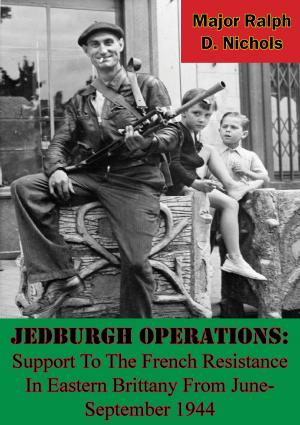Churchill: The Making Of A Grand Strategist
Nonfiction, History, Germany, European General, Military, United States| Author: | Colonel David Jablonsky | ISBN: | 9781786250520 |
| Publisher: | Lucknow Books | Publication: | November 6, 2015 |
| Imprint: | Lucknow Books | Language: | English |
| Author: | Colonel David Jablonsky |
| ISBN: | 9781786250520 |
| Publisher: | Lucknow Books |
| Publication: | November 6, 2015 |
| Imprint: | Lucknow Books |
| Language: | English |
Strategy is the calculated relationship of means to ends. At the highest military level, that relationship guides the use of the joint and combined military instrument of power to achieve national military strategic objectives. At the national or grand strategic level, the relationship becomes more complex, dealing with multiple, interrelated objectives that can only be achieved by the coordinated use of all the instruments of national power, to include that of the military. In a rapidly changing, increasingly more complicated and interdependent world, the U.S. military professional needs to understand not only the dynamics of military strategy, but of grand strategy as well.
This book examines the evolution of Winston Churchill’s understanding of both strategic dynamics. In the author’s view, that understanding came about not so much from any detailed, consistent study of great strategists or immutable strategic principles, but rather from on-the-job strategic training throughout an incredibly rich and varied life. In the military sphere, there were at first only his tactical experiences in the small wars in the closing years of the Victorian era. In the First World War, however, Churchill came to appreciate the operational and military strategic levels of war as well. Moreover, it was that conflict which drew him increasingly to the realm of grand strategy in which all the elements of national power were combined to achieve victory in the first total war of this century.
Strategy is the calculated relationship of means to ends. At the highest military level, that relationship guides the use of the joint and combined military instrument of power to achieve national military strategic objectives. At the national or grand strategic level, the relationship becomes more complex, dealing with multiple, interrelated objectives that can only be achieved by the coordinated use of all the instruments of national power, to include that of the military. In a rapidly changing, increasingly more complicated and interdependent world, the U.S. military professional needs to understand not only the dynamics of military strategy, but of grand strategy as well.
This book examines the evolution of Winston Churchill’s understanding of both strategic dynamics. In the author’s view, that understanding came about not so much from any detailed, consistent study of great strategists or immutable strategic principles, but rather from on-the-job strategic training throughout an incredibly rich and varied life. In the military sphere, there were at first only his tactical experiences in the small wars in the closing years of the Victorian era. In the First World War, however, Churchill came to appreciate the operational and military strategic levels of war as well. Moreover, it was that conflict which drew him increasingly to the realm of grand strategy in which all the elements of national power were combined to achieve victory in the first total war of this century.
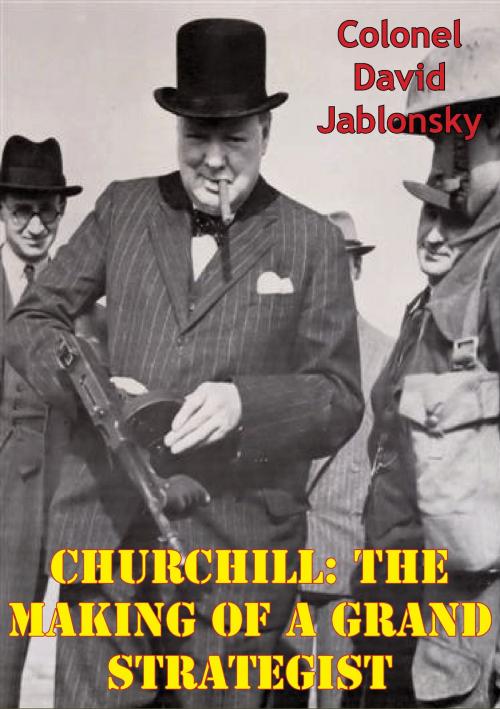
![Cover of the book U122: The Diary of a U-Boat Commander [Illustrated Edition] by Colonel David Jablonsky](https://www.kuoky.com/images/2015/november/300x300/9781786255433-3OF4_300x.jpg)
![Cover of the book FIFTH ARMY AT THE WINTER LINE 15 November 1943 - 15 January 1944 [Illustrated Edition] by Colonel David Jablonsky](https://www.kuoky.com/images/2014/august/300x300/9781782894605-n3t1_300x.jpg)
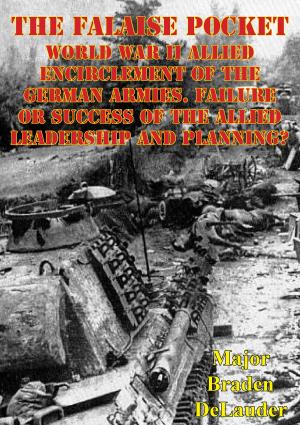
![Cover of the book One-Man Airforce [Illustrated Edition] by Colonel David Jablonsky](https://www.kuoky.com/images/2014/august/300x300/9781782894483-aGMI_300x.jpg)
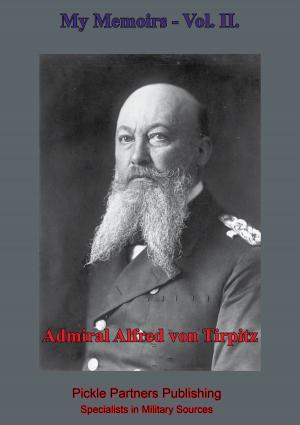
![Cover of the book German Methods Of Warfare In The Libyan Desert [Illustrated Edition] by Colonel David Jablonsky](https://www.kuoky.com/images/2015/november/300x300/9781786257550-ZmGO_300x.jpg)
![Cover of the book St Vith: Lion In The Way: 106th Infantry Division in World War II [Illustrated Edition] by Colonel David Jablonsky](https://www.kuoky.com/images/2014/august/300x300/9781782898559-GZaf_300x.jpg)
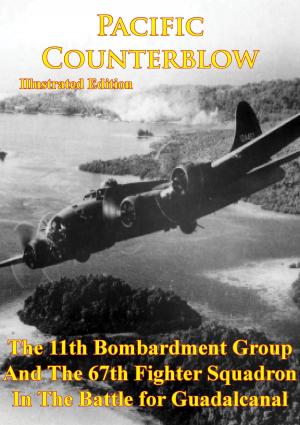
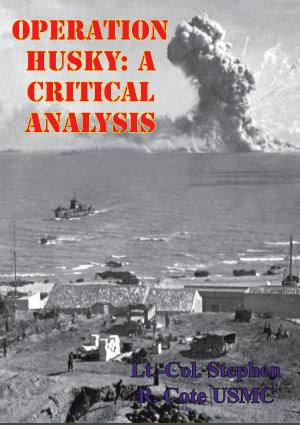
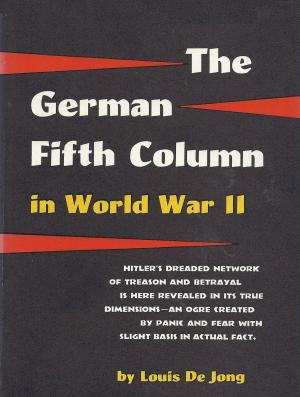
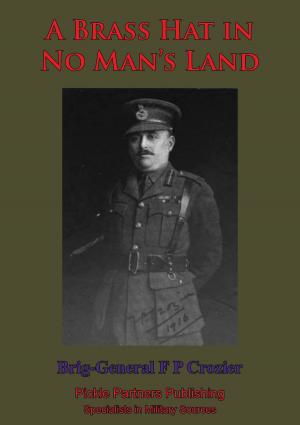

![Cover of the book Gallipoli Diary Vol. I [Illustrated Edition] by Colonel David Jablonsky](https://www.kuoky.com/images/2015/november/300x300/9781786251077-UIzh_300x.jpg)
![Cover of the book THE BATTLE OF ALAM HALFA - A BATTLE REPORT [Illustrated Edition] by Colonel David Jablonsky](https://www.kuoky.com/images/2014/august/300x300/9781782892656-o4S5_300x.jpg)
